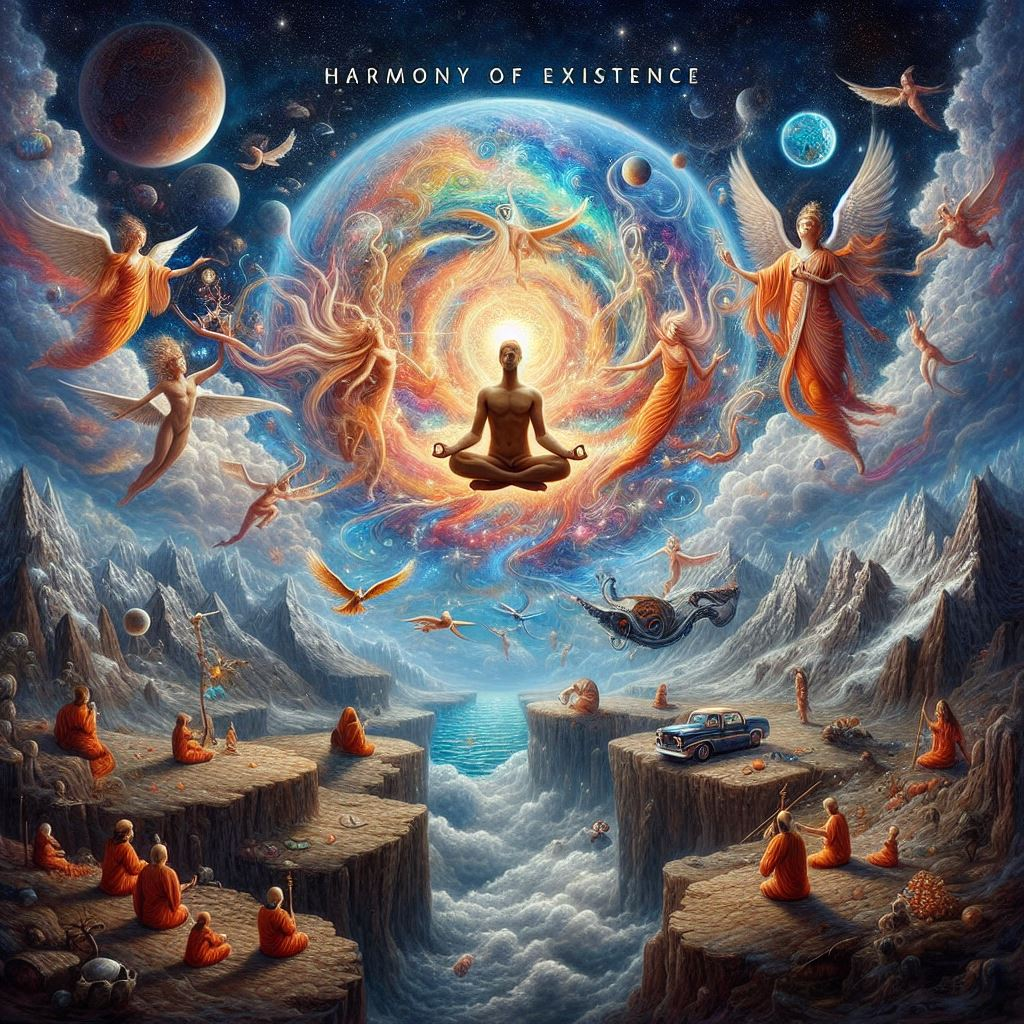Seven Practical Steps for Managing Anxiety in Daily Life
1. **Live in the Present:**
Focus on the current moment rather than
dwelling on past actions. Acknowledge that the past is unchangeable, and
self-pity only hampers your present. Embrace the now to build a healthier life.
2. **Identify and
Address Tensions:**
Recognize the moments when tension arises
and view it as a signal for necessary attention. Understand that some anxiety
is natural but avoid blowing issues out of proportion. Learn to manage tensions
without turning them into significant problems.
3. **Self-Control is
Key:**
Accept the inevitability of life's
challenges. Unchecked anger can be harmful, so be aware when it arises and
practice self-control. Recognizing and managing anger helps prevent potential
damage to yourself and those around you.
4. **Embrace Disappointment:**
Disappointments are a part of life. Develop
an awareness of your tolerance levels and recognize the barriers to your goals.
Accepting disappointments and learning from them is crucial for personal growth
and resilience.
5. **Adapt to
Reality:**
Instead of fixating on the impossible, learn
to adjust to existing circumstances. As theologian Reinhold Niebuhr wisely
stated, seek serenity to accept the unchangeable, courage to change what you
can, and wisdom to discern the difference.
6. **Accept Your
Roles:**
Acknowledge the various roles you must play
throughout your life. Understand your limits and avoid pushing yourself beyond
them. Pursue your goals with a balanced approach, avoiding extremes that could
harm your physical and mental well-being.
7. **Avoid Self-Destructive Extremes:**
Pursue your aspirations, but be mindful of
your boundaries. A healthy person recognizes limits to prevent harm to the body
and mind. Strive for your goals without engaging in extremes that could lead to
self-destruction.
Remember, effective
coping with anxiety involves a combination of self-awareness, acceptance, and
proactive strategies to navigate life's challenges.
Harmony of Existence: Exploring the Spiritual
Cadence in Classical Arts and Mathematical Sciences"
In the rich tapestry
of the Indic tradition, classical music and dance emerge as profound gateways
to explore the depths of one's existence, providing boundless joy to rejuvenate
life. Delving into the spiritual and cultural pursuits, these art forms are
considered a pinnacle of sadhana, taking the practitioner's body, mind, and
inner self to a state of high-level equilibrium. The Natya Shastra of Bharat,
often deemed the fifth Ved, stands as a testament to the sacred significance of
performing arts.
The pursuit of rhythm
in music and dance mirrors the logicality found in mathematical and statistical
sciences. Deriving a density function or moment generating function of a random
variable is a discovery akin to realizing something that already exists,
paralleling the understanding of rhythm through wavelength matching. Implicit
in every object is a rhythm, and as we engage in music and dance, we learn to
follow and consciously seek the implicit rhythm, leading to the convergence of
explicit and implicit rhythms, resulting in unconditional joy.
Every entity, from atoms to planets, exists in rhythmic motion, contributing to the cosmos rather than chaos. The concept of Nataraj, the dancing manifestation, symbolizes life and death intertwined with the universe's rhythmic movements, as envisioned by Tagore.
The pursuit of satiety
involves merging the unheard with sensory experiences, with the inner spirit
striving for a state of harmony. This quest becomes a shared endeavor, akin to
Bhagirath bringing the Ganga to the plains, where the discovery of knowledge
benefits many.
Understanding the
concept of rhythm requires moments of silence and withdrawal from the chaos of
daily life. Dhyan, a method of tuning oneself to the implicit rhythm, becomes
essential. Achieving internal rhythm in daily activities creates a new inclusive
world, transcending selfishness for the greater good. Spiritualism, rooted in
addressing the vast, offers the greatest joy as it aligns individual well-being
with the welfare of the larger entity.
IF HE EXIST
I drive joy there was a doctor in Benaras who
spent 7 minutes in the morning and evening for mediation on God. Knowing this,
his colleagues and friends laughed at him. One day they argued that he was
wasting 7 precious minutes on something, which he had been misled into
believing. The doctor replied, “Well, if God does not exist, I agree that I am
wasting 7 minutes a day. But, if He exists? I am afraid you are wasting your
entire lifetime. I prefer to waste 7 minutes rather than a lifetime. Why should
you grudge me the 7minutes joy that I derive 4m.-
ILLUSTRATED REVIEW
:7thheave moment of the week J.word Prowse
no 7 scored a goal












No comments:
Post a Comment